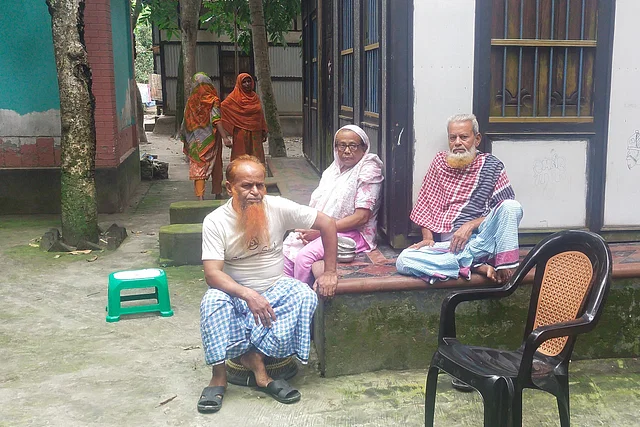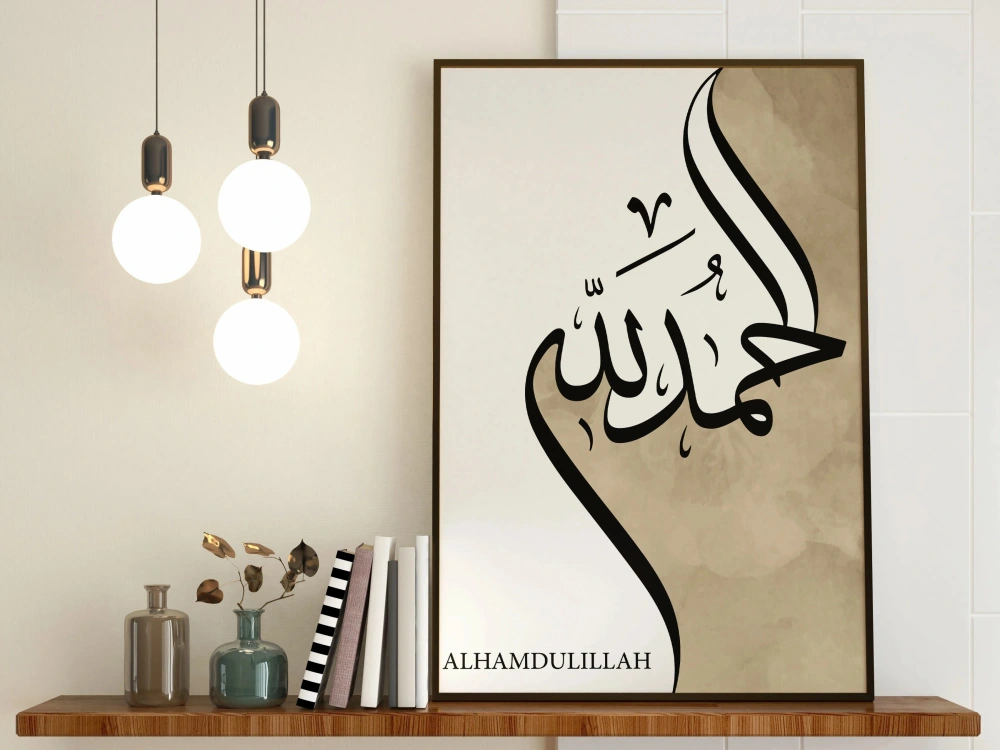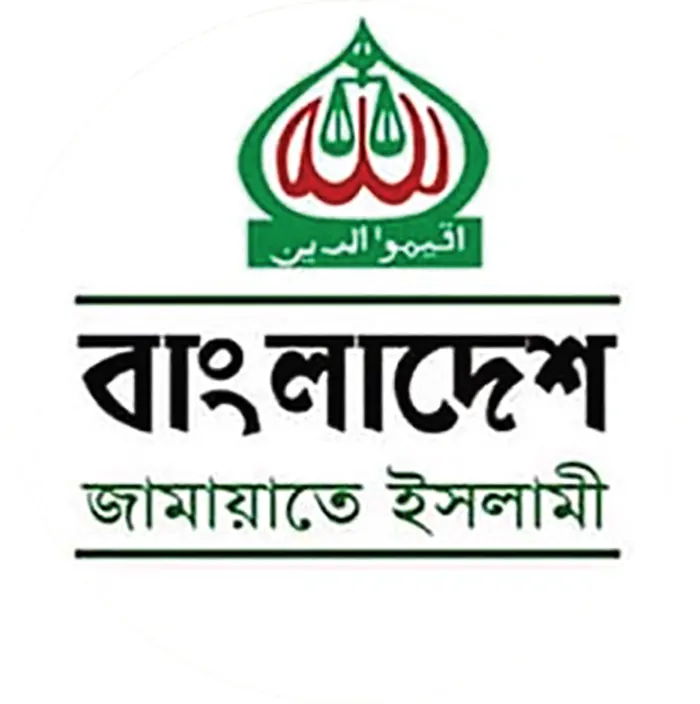On July 19, Mustafa Zaman, also known as Samudra (17), had gone out with his father Tajal Kaler to offer the Friday prayers. After the prayers, his father returned to their rented house in Rampura, Dhaka. Mustafa had mentioned he would return home after meeting friends. A few hours later, he did come home, but not alive; he returned as a corpse. The family claims that Mustafa was killed in the clash between police and students during the quota reform movement.
Mustafa’s ancestral home is in the Middlepara area of Sirajdikhan Upazila in Munshiganj. He lived with his parents in Rampura, Dhaka. This year, he passed the SSC exams from the Business Department of Ideal School and College in Dhaka with a GPA of 4.95. When we visited Mustafa’s ancestral home last Thursday, the entire house was in mourning. His parents were sitting outside the house, with a few relatives nearby. When asked about Mustafa, they were reluctant to speak. They repeatedly stated that they supported the government and would not say anything against it.
After some time, Mustafa’s mother, Masuda Zaman, managed to speak. She said, “On that day (July 19), father and son went out together for prayers. As usual, his father went to one mosque, while Mustafa went to another mosque nearby with friends. After the prayers, his father returned home. I called Mustafa around quarter to three in the afternoon to come home. He said he would be home in two minutes after hanging out with friends. When he did not return, I called again around half-past three. At that time, a boy named Arafat answered the phone and said Mustafa was away, working. When I called again around four in the afternoon, Arafat told me Mustafa had been shot and was taken to Delta Hospital in Rampura.” Masuda Begum added, “I couldn’t accept that my son was dead. We took him from there to Better Life Hospital, where the doctors also confirmed that Mustafa was gone. During the shooting, a bullet had hit Mustafa’s hand, penetrated through it, and lodged in his ribs. Excessive bleeding led to his death.”
Even amidst the grief of losing his son, Mustafa’s father Tajal Kaler is still haunted by fear. His family does not want to face any more trouble. He said, “We cannot bring our son back. We do not want any more trouble. We have no complaints against anyone. We don’t even know whose bullet hit our son.” Recalling the situation, Tajal Kaler said, “During the Liberation War, I was in seventh grade. I did not see the war, but I did see 8 to 10 bullet-riddled corpses at Sadarghat in Dhaka. Unable to bear it, I returned to the village. On July 19, I saw a similar scene, with a long line of corpses in the hospital, including my own son. I saw the wailing of mothers, fathers, and relatives.”










